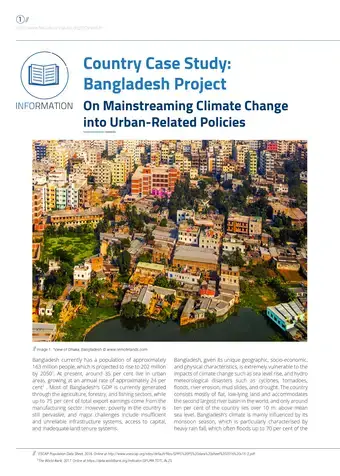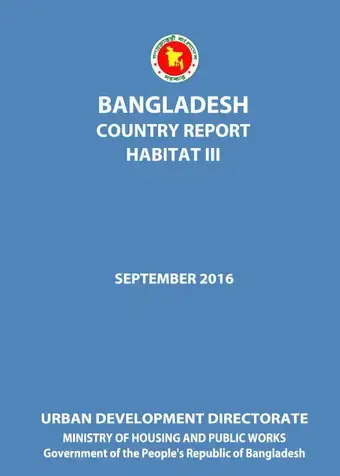This report describes the wider context, objectives, methodology, and findings of a two-year research project entitled MaS-SHIP. Funded by the United Nations Environment’s Sustainable Buildings and Construction programme of the 10 Year Framework Programme. MaS-SHIP has produced a comprehensive data framework, tools, evidence-based knowledge, insights and policy recommendations for mainstreaming sustainable social housing in India.
A socio-technical approach was adopted in the research, bringing together primary and secondary data collection with both quantitative and qualitative assessments, using literature review, stakeholder engagement, online and field surveys, statistical tests, and thermal simulations. The construction and policy ecosystem were examined to identify barriers and opportunities in adopting sustainable building materials and related design and construction practices, so as to develop policy recommendations.
While more often than not, ‘housing’ is defined as a basic need which provides family access to shelter and basic amenities, also enabling the creation of demand for resources, physical infrastructure, labour, technology, finance, and land. Housing is a physical manifestation of social and cultural practices and forms an integral part of the assessment of the development and health of an economy.
Thus housing refers not only to the physical structure of a house but its forward and backward linkages to job creation, resource requirements, institutional and regulatory systems, supporting infrastructure, services, and social cohesion.
The profile offers a comprehensive in-depth analysis of the country’s urban housing sector. The Profile contributes to the creation of a policy framework that enables the provision of adequate housing for all. It builds a comprehensive understanding of the functioning of the urban housing sector that can serve as an authoritative reference point for all actors involved in the direct provision or enablement of housing
Overview of the state of urbanization and migration, urban housing, environment and infrastructure, disaster risk reduction, social service delivery in cities and urban planning
The Mekong Region Water and Sanitation (MEK-WATSAN) Initiative was formulated in response to the GMS initiative as a collaborative effort between UN-HABITAT, the Governments of the Greater Mekong Sub-region and ADB. The objective of the MEK-WATSAN Initiative is to support the participating countries in the Greater Mekong Sub-region (GMS) attain their water and sanitation related Millennium Development Goals (MDGs).
The vulnerability assessment of Sihanoukville, Cambodia, is the result of an in-depth national and local literature and data review, interviews and discussions with an extensive range of local government stakeholders and a community-focused participatory assessment. It considers existing vulnerabilities, municipal plans and priorities and assesses how climate change will affect these

Case study on Mainstreaming Climate Change into Urban Related Policies in Bangladesh focusing on prevailing policy interventions including Nationally Determined Contribution, analyzing the process.

The Country Paper contains 42 sections within 6 chapters with 13 Urban Indicators. It discusses the policy interventions, urban trends and challenges in the country